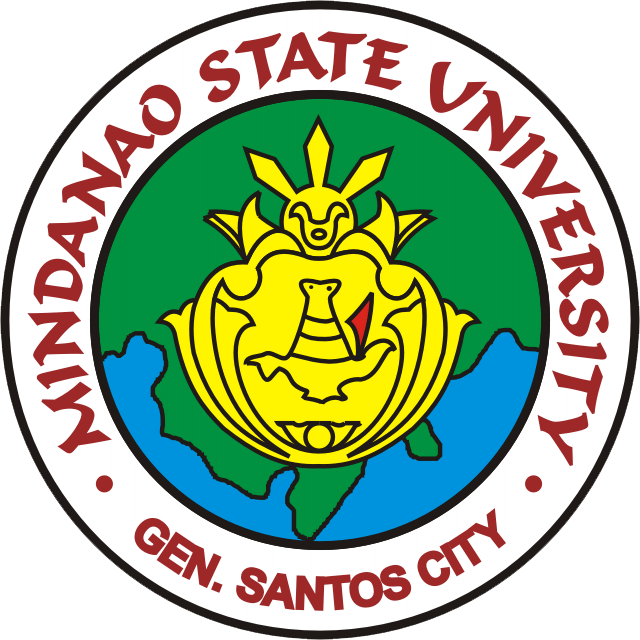In this qualitative study, I explored resilience and its manifestations using narrative inquiry. From my key informant interviews involving MSU-Gensan drivers, I captured narratives of their experiences in order to understand what meanings they attached to the COVID19 pandemic. I also explored how resilience is manifested in their narratives; and, what these manifestations of resilience reveal about the MSU - Gensan jeepney drivers.
I used a non-probability purposive sampling procedure in identifying my research participants. My research participants were six (6) MSU - Gensan jeepney drivers who satisfied the selection criteria. My key informant interviews were based on a self-constructed key informant interview guide composed of open-ended questions. The interviews were then transcribed and translated. Data were analyzed using thematic analysis of the interview transcripts from where I culled out key themes and supporting core ideas or sub-themes. These served as my basis for interpreting my data.
My findings revealed that the MSU - Gensan jeepney drivers attached several meanings to their experiences during the pandemic. To them, the pandemic meant economic disruption, restrictions on mobility, engaging in alternative jobs, induces stress, and is a crisis.
Resilience was manifested in a number of ways which included seeking assistance, augmenting income by engaging in alternative jobs, living with their means, and trusting in providence. I am recommending that the local government consider programs to help the jeepney drivers during crisis and disaster situations. Similar qualitative studies based on the narratives of drivers of other public utility vehicles may also be explored by future sociology students to help surface knowledge about resilience.
Author
IVAN ANAKIN A. OCLARIT
Abstract
SY
2022
Program
Bachelor of Arts in Sociology
Department
Department: Sociology
College
College: Social Sciences and Humanities
